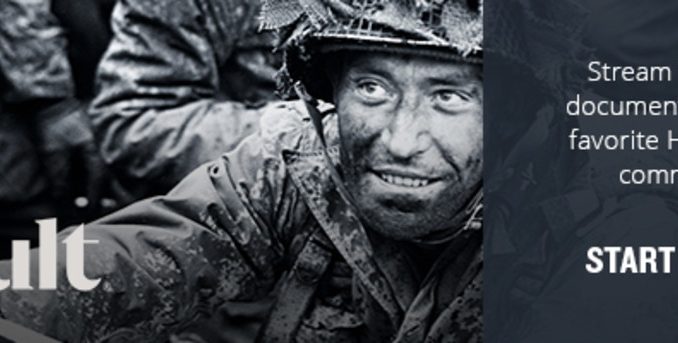
On August 23, 1939, Germany and the Soviet Union sign a non-aggression pact, stunning the world, given their diametrically opposed ideologies. But the dictators were, despite appearances, both playing to their own political needs.
After Nazi Germany’s invasion of Czechoslovakia, Britain had to decide to what extent it would intervene should Hitler continue German expansion. Prime Minister Neville Chamberlain, at first indifferent to Hitler’s capture of the Sudetenland, the German-speaking area of Czechoslovakia, suddenly snapped to life when Poland became threatened. He made it plain that Britain would be obliged to come to the aid of Poland in the event of German invasion. But he wanted, and needed, an ally. The only power large enough to stop Hitler, and with a vested interest in doing so, was the Soviet Union. But Stalin was cool to Britain after its effort to create a political alliance with Britain and France against Germany had been rebuffed a year earlier. Plus, Poland’s leaders were less than thrilled with the prospect of Russia becoming its guardian; to them, it was simply occupation by another monstrous regime.









Be the first to comment